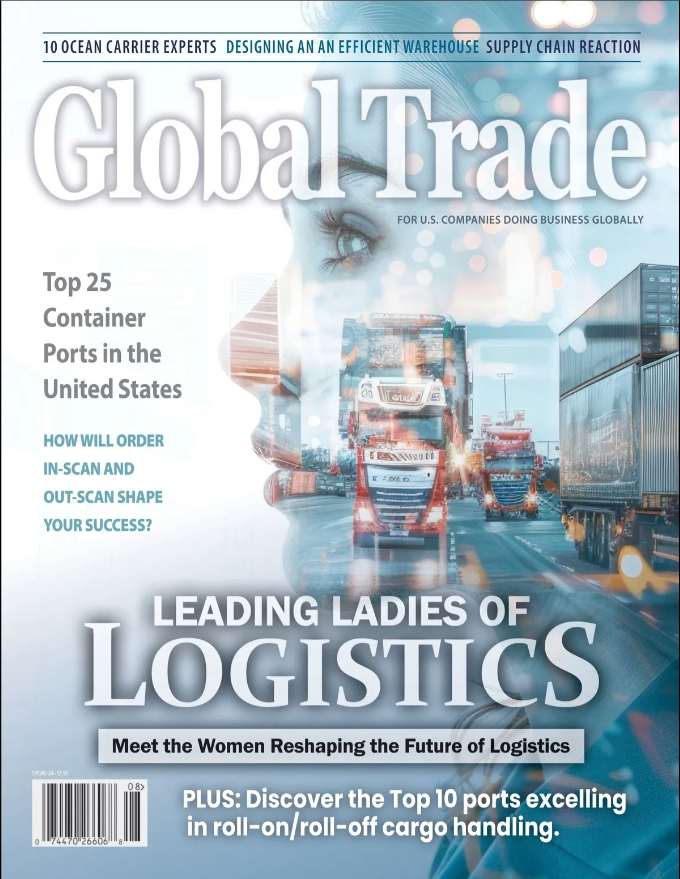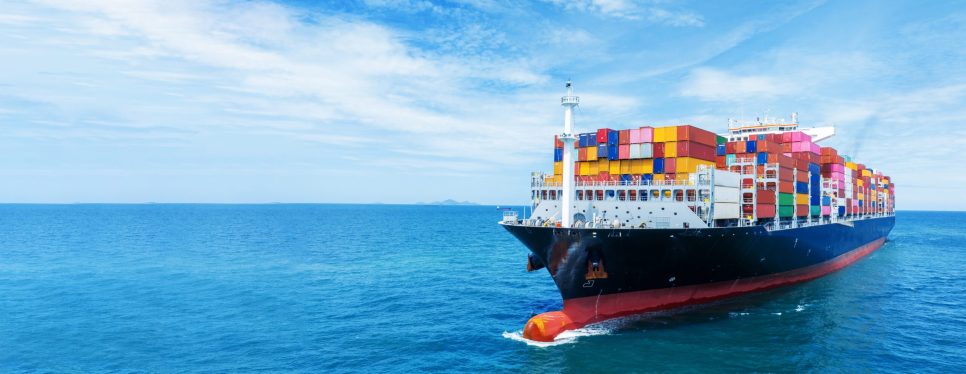An Exclusive Interview With International Maritime Organization Secretary-General Arsenio Dominguez
Arsenio Dominguez assumed the role of Secretary-General of the International Maritime Organization (IMO) with a vision centered around transparency, inclusion and diversity. In the face of evolving challenges within the maritime industry, ranging from climate change to security threats, he emphasizes the need for efficiency, resilience and forward-thinking.
Read also: Navy Secretary Endorses Plan to Revitalize U.S. Maritime Industry
Drawing on his extensive experience as a former delegate and chair of key IMO governing bodies, Dominguez aims to guide the organization through a progressive era, fostering international collaboration and concrete change. The following interview carried out by Robban Assafina explains this vision further.
Robban Assafina: First of all, congratulations for your new role; what is your main vision for the International Maritime Organization as the Secretary-General?
Arsenio Dominguez: The maritime industry is rapidly changing, even as it faces multiple global challenges, from climate change impacts to threats to peace and security. It must be efficient, robust and forward-looking to survive and thrive. I look at the next four years as being an era of progression for IMO, driven by a commitment to transparency, inclusion and diversity.
I’m determined to apply all my experience as a former delegate, a negotiator and chair of main IMO governing bodies to support the IMO decision-making process and reach agreements, even when that sometimes involves difficult discussions. The Organization has a long track record of bringing about concrete change through its international instruments, regulations and technical assistance programs—I intend to amplify this trend.
RA: Can you highlight a few key initiatives you plan to undertake to advance the goals and mission of the IMO?
AD: I have outlined four strategic priorities for the Organization: our work, our support, our image and our people. I will focus on a more targeted and measurable implementation support to our Member States, in particular developing States, with emphasis on small island developing States (SIDS) and least developed countries (LDCs). I aim to elevate IMO’s global profile and reputation as a trusted, expert partner—both within the maritime sector and beyond—as well as a champion for the shipping industry.
My goal is to transform the Organization into a magnet for world-class talent and a center of influence that the finest minds aspire to be part of.
RA: In light of rapid technological advancements, how do you see the IMO embracing digitalization to enhance safety, security and efficiency in the shipping industry?
AD: Technological advancements are unfolding rapidly in the maritime industry. The First of January 2024 marked a milestone in the acceleration of digitalization in shipping, as new requirements have come into force that make it mandatory for governments to use a single digital platform or “Maritime Single Window” to share and exchange information with ships when they call at ports. This will streamline procedures to clear the arrival, stay and departure of ships and greatly enhance the efficiency of shipping worldwide.
Another focus area will be regulating the commercial use of autonomous ships. These are vessels that operate independently of human interaction, whether controlled remotely or fully autonomous. Such advancements require robust regulation to ensure the safety of life at sea, as well as of cargo on board and of the vessel itself. IMO is working to develop a Code for Maritime Autonomous Surface Ships (MASS) which balances the benefits of new technology against safety, security and environmental concerns, as well as the impact on international trade facilitation and on personnel.
RA: With ambitious global targets to achieve net-zero emissions, what specific initiatives or regulations is the IMO prioritizing to accelerate decarbonization within the maritime industry by 2050?
AD: Decarbonization of the maritime industry is one of our highest priorities at IMO. It is a huge challenge but also an opportunity to make the sector more sustainable and aligned with global commitments on climate change. The pathway to net zero has been adopted in the 2023 IMO Strategy on Reduction of GHG Emissions from Ships, which sets clear targets and check points for emissions reductions. Member States are currently discussing mid-term measures to deliver on the reduction targets, including a global fuel standard and a pricing mechanism for GHG emissions. Member States have committed to adopt these measures in 2025.
RA: What role do you see the IMO playing in supporting the development of maritime education and training programs globally?
AD: The shipping industry requires an adequate supply of seafarers to operate the 50,000 ships that are travelling on the world’s oceans at any given time. We need to encourage new generations of young people to take up seafaring as a career, as well as address the gender imbalance in maritime education and seafaring training.
The basis for seafarer training is the International Convention on Standards of Training, Certification and Watchkeeping for Seafarers (STCW), 1978, which is undergoing a comprehensive review to ensure the competencies within the Convention and the Code are adapted to new technical developments in shipping, environmental protection and climate change.
IMO validates an extensive series of model courses to support training institutes across the globe to deliver high-level training and conducts regular train-the-trainer programs on specific areas. With the Maritime Just Transition Task Force, IMO is engaged in a collaborative project that is setting the framework to equip seafarers with skills as the shipping industry transitions to zero emissions. The project is set to develop a training framework to equip seafarers with skills as shipping transitions to zero greenhouse gas emissions.
These are just some examples of how IMO supports maritime education and training. Further, we have the IMO-founded maritime training institute: The World Maritime University and International Maritime Law Institute, which over several decades have trained high level (Masters and above) students from all over the world in maritime affairs.
RA: What steps will you take to address challenges in international shipping that may impede smooth trade flows?
AD: Shipping is the backbone of international trade, but geopolitical tensions and threats to maritime security can hinder smooth trade flows and threaten the right to freedom of navigation. The attacks on international shipping in the Red Sea area are a clear example. In such situations, it is vital to work closely together with governments, partners in the industry and the international community to de-escalate tensions and ensure the protection of seafarers, ships and cargoes. Ships must be allowed to trade worldwide unhindered, in accordance with international maritime law. We must advocate for the safety of seafarers, who are innocent victims in these situations.
RA: How do you plan to balance economic considerations with environmental and social priorities in your decision-making processes?
AD: In all of our decision-making, we seek to balance economic, social and environmental concerns. This reflects our commitment to the Sustainable Development Goals, which take a harmonized approach to these three crucial elements.
I have always believed that it is essential to engage all sectors of society in decision-making processes that affect them, and I will continue to ensure that there are ample opportunities and avenues for governments, industry and civil society to raise concerns and provide input into discussions of decision-making bodies. We also arrange forums for discussions, commission expert studies and invite submissions on various issues.
Robban Assafina is a Lebanon-based regional maritime media platform that has been sailing in the maritime reporting and networking space since 2009, with direct connections to regional and international decision makers.





Leave a Reply